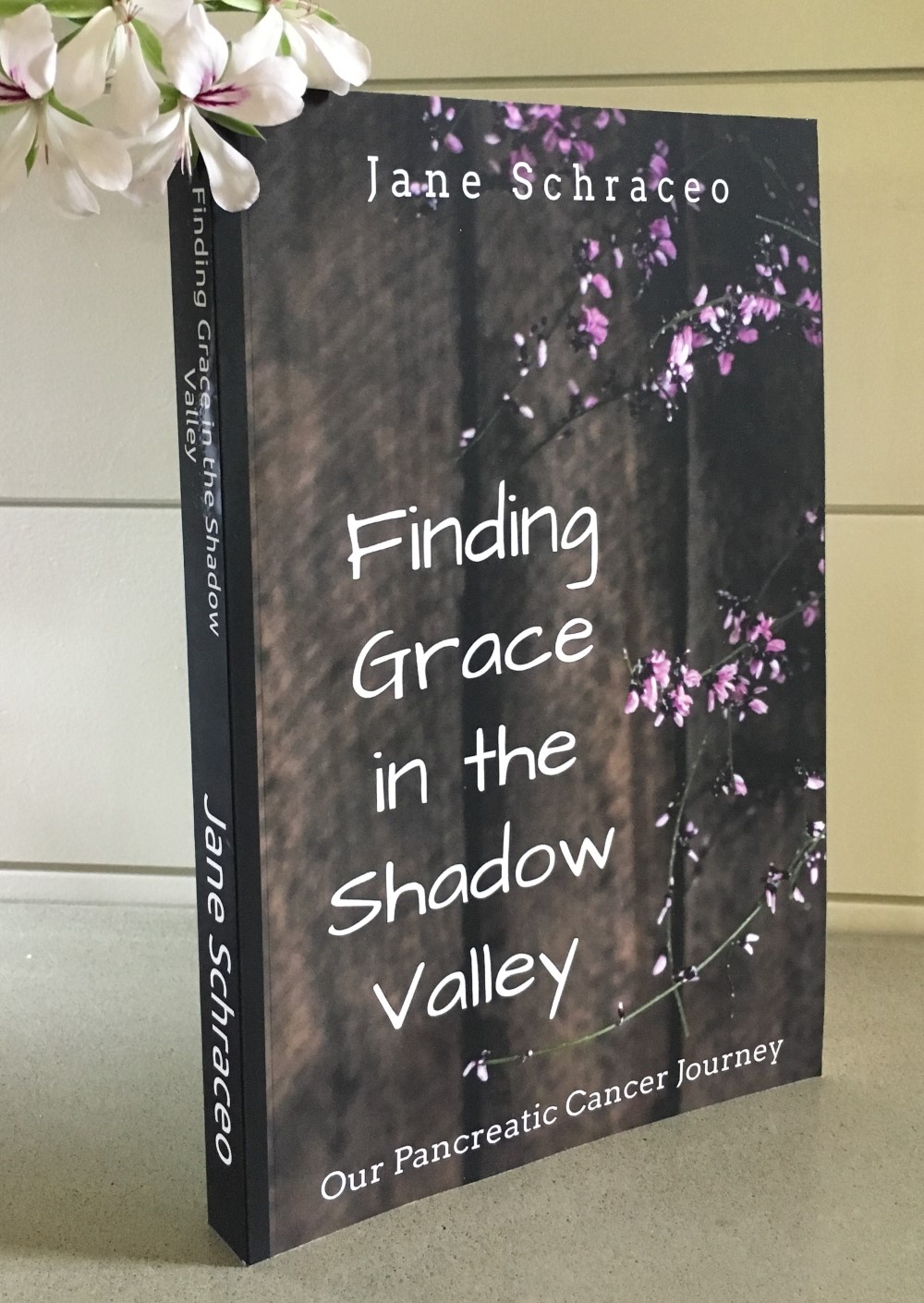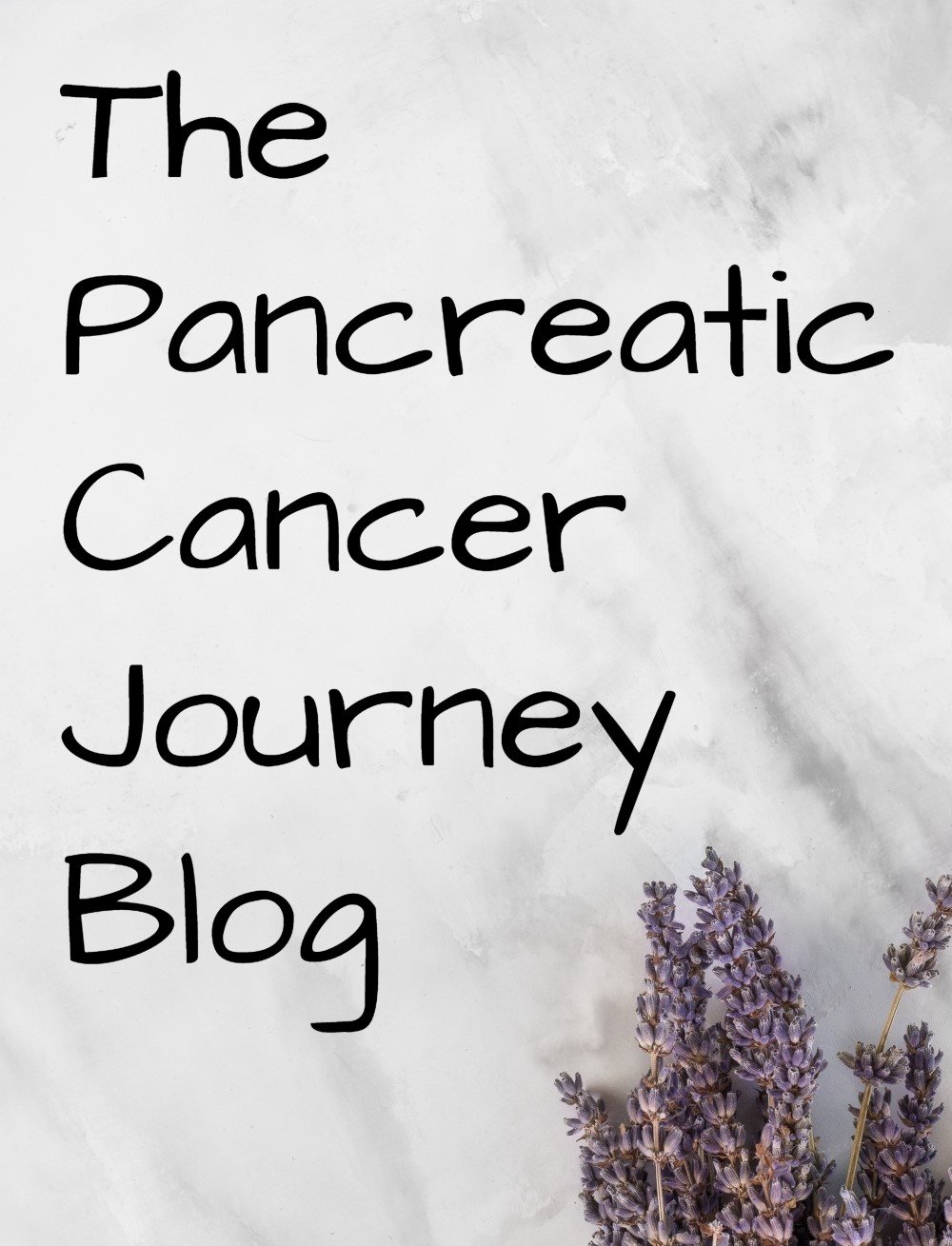The Recalcitrant Cancer Research Act
and
What it Means to You
in Simple English
The Recalcitrant Cancer Research Act is a Big, Long name for Hope.
Hope for a Cure. For Pancreatic Cancer patients and their loved ones.
Within our lifetime.
With the passage of the Recalcitrant Cancer Research Act, the spotlight is beginning to shine on Pancreatic Cancer. Just a little...but we are thankful all the same. In this bill passed by Congress, we have been lumped in with all the other nightmare cancers, for that is what recalcitrant means.
Nightmare. Horrific. Deadly. Hopeless.
Recalcitrant cancers are the stubborn, difficult, intractable cancers. The kind that don't leave. That don't respond to treatment. That refuse to be cured. That take our lives.
Of course, we believe that Pancreatic Cancer is the chief of all recalcitrant cancers. But there are others just as frightening...
Liver cancer. Lung cancer. Esophageal cancer. Ovarian cancer.
The five-year survival rates for these cancers vary from 14% to 44%. But pancreatic cancer is in a league all its own with a five-year survival rate of just 6%. Most patients diagnosed with pancreatic cancer are alive less than a year from diagnosis. There are no early detection methods for this cancer. And the treatment protocols for pancreatic cancer have not significantly changed in the last 30 years.
30 years...
Mom was treated with the same chemotherapies and radiation protocols that doctors have been using for the past 30 years. With the same horrific results. These protocols are NOT working. And research scientists just didn't seem to be paying attention... Large chunks of research funding have been efficiently funneled to many of the other cancers to the detriment of pancreatic cancer research.
The Recalcitrant Cancer Research Act is addressing these disparities.
The research act was signed into law on January 2, 2013 after 6 long years of passionate grassroots advocacy in the House and Senate.
The law will require the National Cancer Institute to develop scientific frameworks for these recalcitrant cancers that will do several things:
* identify promising advances
* assess the number of qualified researchers working in each specialty
* outline plans to coordinate research
* make recommendations on how to advance the research on these deadly cancers
This law provides the foundation to change the future of pancreatic cancer by encouraging the development of early detection methods and effective treatment options.
And...
This law will guide the National Cancer Institute's allocation of research grants. Before this bill was passed, less the 2% of the NCI's funding went to pancreatic cancer research, even though pancreatic cancer was, and is, the fourth leading cause of cancer death in this country.
Only 2% of funding for such a deadly cancer!
No wonder pancreatic cancer treatments have not changed much in 30 years.
Increased funding will equal more research for finding better treatments for pancreatic cancer and also early detection methods for pancreatic cancer.
Increased funding will just possibly, ultimately, result in a cure for pancreatic cancer.
I believe it with all my heart. One day. Soon. A Cure for Pancreatic Cancer.
The Recalcitrant Cancer Research Act is paramount to cracking the door open to Hope. Maybe not tomorrow. Or the day after that. But one day...
No one will have to suffer the devastating news that they have inoperable pancreatic cancer.
Not one more person will have to face this diagnosis without Hope...
Return to Pancreatic Cancer Treatment Options from the Recalcitrant Cancer Research Act
Return to the Home Page of the Pancreatic Cancer Journey.
Copyright © PancreaticCancerJourney.com
Nothing on this website should be construed
to constitute medical advice.




